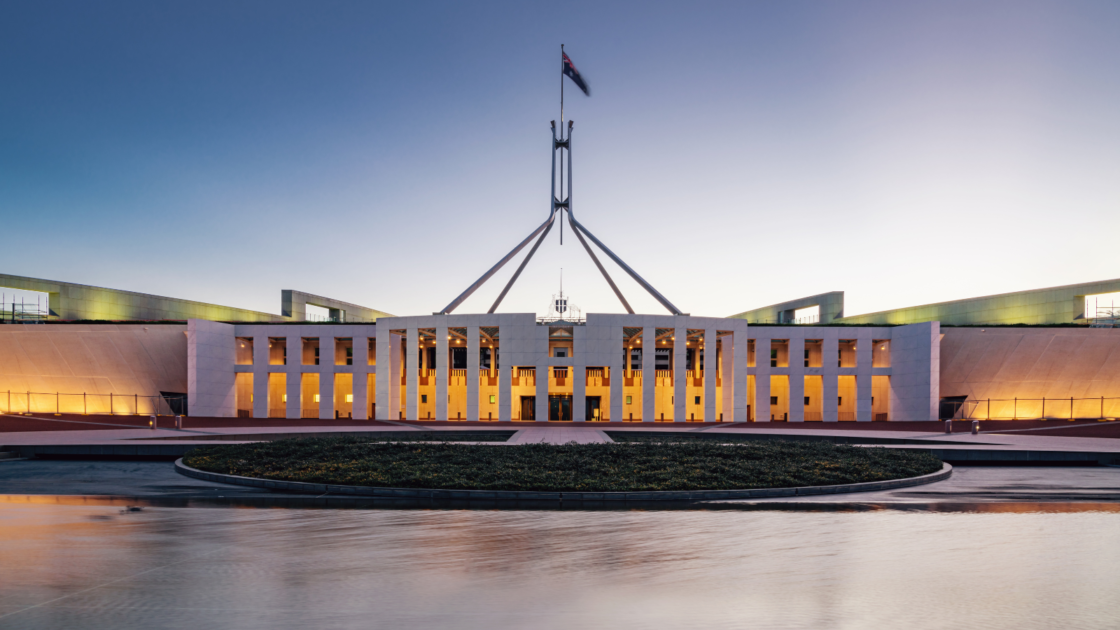Business welcomes restraint but impending fiscal cliff demands decisive reform
9 May 2023
|Media Release

The Albanese government has produced a credible budget however the extent of the challenges to bring Australia back to a sustainable fiscal path should not be underestimated.
“This budget harvests a slice of good fortune and makes some tangible steps in restoring the nation’s balance sheet, but the fate of our economy hangs in the balance,” ACCI chief executive Andrew McKellar said.
“Fiscal restraint, which has delivered the first surplus in 15 years, should be acknowledged in the face of the most severe inflation breakout in decades.
“However, with the prospect of returning to a structural deficit of more than $35 billion in two years, we cannot rely on record commodity windfalls, strong migration inflows and an ultra-tight labour market to drive down debt.
“Going forward, business is looking to engage strongly with government on building an ambitious agenda for further fiscal repair, developing sharpened incentives to encourage new productive capacity, and planning to drive the economic growth needed to underwrite future investment.
“This means getting serious about cutting spending relative to its current trajectory, and implementing productivity-enhancing reforms that don’t rely on higher taxes or embed inflationary pressures. Our future depends on it.
“To ensure a thriving economy that benefits all Australians, we must demand nothing short of disciplined fiscal policy and a growth agenda that relies on productivity gains.
Addressing energy shortfalls
“This budget has provided welcome breathing space for households and small businesses in the form of energy relief. With more than one million businesses eligible for rebates of up to $650, this will take the sting out of soaring power bills.
“A new tax break – the Small Business Energy Incentive – will assist main street firms to invest in electrification and other efficiency upgrades. Here, small businesses can be more competitive and more productive, while making meaningful progress towards reducing their carbon footprint.
“Ultimately, to keep up with growing energy demands, there remains an urgent need to accelerate investment in renewable energy generation, as well as firming and transmission capacity. This cannot be achieved by price caps and rebates alone – all options need to be on the table.
Remedying anaemic investment for small business
“With business investment in a free fall for more than a generation, a 12-month extension of the instant asset write-off for small business is welcome. This will provide renewed confidence amid souring economic conditions.
“Unlocking these much-needed funds can help kickstart capital investment as rising interest rates, soaring energy costs and a cooling Australian economy batter small and family firms.
“However, much more must be done. ACCI will continue to advocate for a long-term agenda that expands incentives for all businesses to encourage them to invest, to capture new markets, and to realise their entrepreneurial aspirations.
Enhancing women’s workforce participation
“The budget provides important strategic incentives to further encourage stronger women’s workforce participation, particularly through expanded access to paid parental leave – economic reforms that will promote greater opportunity and gender equality.
“A further $72.4 million investment will assist training and retention measures in the childcare sector which is urgently seeking additional staff.
“Combined with changes to deliver more affordable childcare, these reforms are crucial in encouraging women to fully participate in the workforce, helping to relieve chronic workforce shortages and boosting economic growth.
Relieving chronic staffing shortages
“Business welcomes progress of a new National Skills Agreement that works to deliver a real increase in VET funding. Ensuring its completion by the end of this year remains a vital priority for industry.
“Business will be looking closely at the redesign of apprenticeship support frameworks, noting that access to skilled staff is a critical concern for many small businesses. It is essential that the sector is closely consulted in any new arrangements.
“Australia must maintain an ambitious migration program. Yet, the projected bounce back in net-overseas migration still falls short of pre-pandemic forecasts. Recommendations of the recent Migration Review provided a constructive basis to overcome longstanding failures in Australia’s approach to temporary skilled migration.”
For more information:
Jack Quail | Media adviser
P | 02 6270 8020
E | media@acci.com.au


